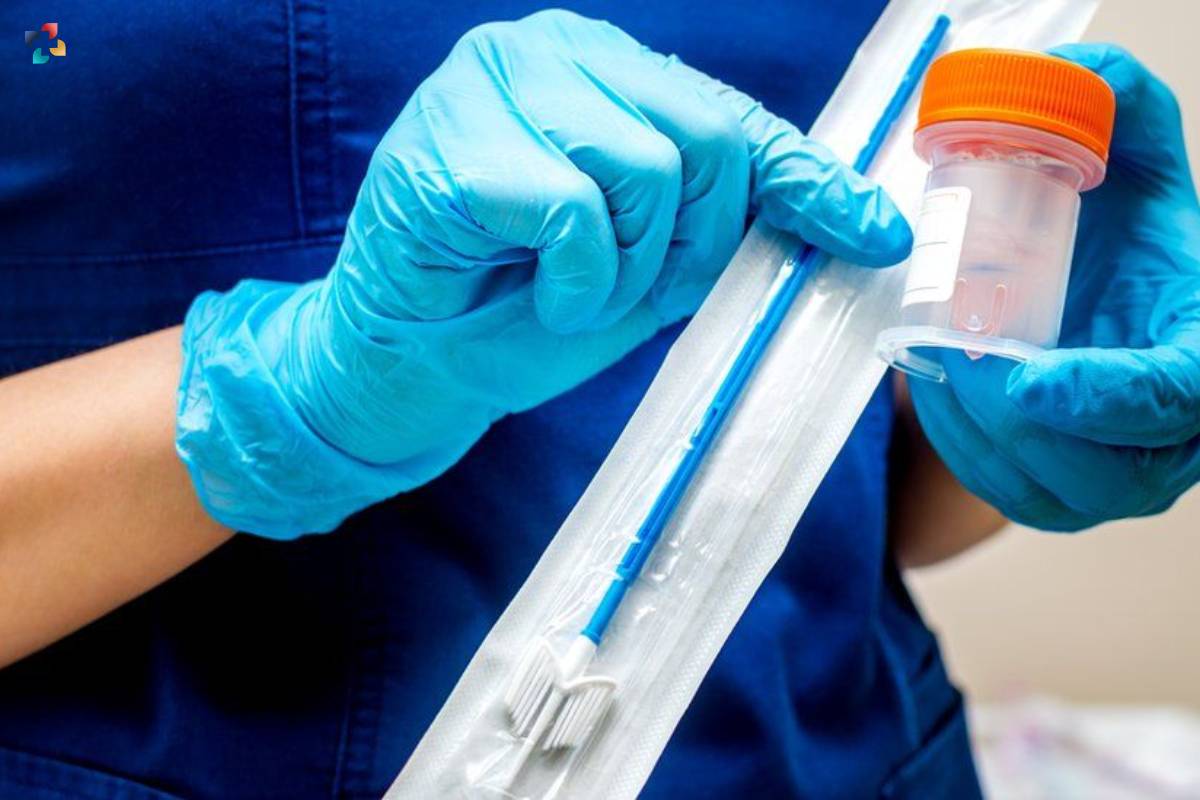A Pap test is a medical procedure wherein, women are tested for cervical cancer. To conduct the test the doctor needs samples of the cell tissues in your cervix. The cervix is the lower, narrow end of your uterus at the top of your vagina.
Pap test also known as a pap smear, gives you a better chance of recovering fast in case cervical cancer is diagnosed. The collected samples are checked under a microscope minutely to confirm if the cancer prevails or not. The Pap test may also diagnose any other infections or inflammations.
Here are 8 More Things to Know About Pap Tests:
1. It doesn’t hurt:
Reading about the pap test people may tend to get scared of the pain. Reading that the doctor may use some specific instruments to collect samples of the cells, pain is the first thing that crosses the mind. But that isn’t the case actually. Only you can get a feeling of a bit of discomfort after the procedure is done for the time being. Bleeding can happen too. But both these things should prevail for some time. If it’s more than 24 hours contact your doctor immediately.
2. Time taken:

It seems a big test which can take a bit of your days’ time. But, in fact, it is done in a few minutes. It isn’t much time consuming than you’d think it to be. You can always ask your doctor for such details. The procedure is also done by the doctor at his clinic with the instruments he needs.
3. How often to do the pap test?
If you’re less than 21 years old, it isn’t necessary. If you fall in 21 to 29 years, recommended every 3 years. If you’re in 30 to 65 years, every 3 years, and after every 5 years a HPV test will be good. If more than 65 years of age, it isn’t necessary if the previous reports are done already and normal. This is a good way to take care of yourself to avoid any health issues like cervical cancer in the future.
4. What about pap tests during periods?

It’s better not to do the pap test when you’re on your period. The test may show false results resulting in a false diagnosis. Doctors themselves recommend it to be done at the end of the menstruation date. At the end of the menstruation, the bleeding is minimal so that’ll not cause false results.
5. Precautions to be taken:
There are some precautions that you’ll need to take:
- Do not indulge in sexual intercourse 24 hours before the test.
- Do not use any sprays, lubricants, or powders before the test.
- Do not insert anything in your vaginas including tubes, creams, tampons, or suppositories.
- Do not rinse the vagina with water, vinegar, or any other liquid.
6. How is a normal pap test result?
A normal pap test result is a good thing as it means the doctor hasn’t found any cancer-causing substances in your cervix. That also means you have no need for the next pap test until the next scheduled one. Go for the next one as suggested in the age group point above. In case of any doubts, you can always consult your doctor.
7. How is an abnormal result?
Many-a-times, abnormal test results are detected because of changes in the cell due to human papillomavirus (HPV). This one is the most common sexually transmitted disease (STD) and can be misinterpreted as cervical cancer. You can get inflammation even if you have had sexual intercourse before the pap test.
8. A Pap test is different than a pelvic exam.

During a pelvic test, the doctor will check on your vulva, ovaries, rectum, vagina, and pelvis. He will ensure they do not suffer from any abnormalities. A thorough check-up of these organs is a must in the case of females. A Pap test looks explicitly for cancerous changes anywhere in the cervix.
The procedure of the test:
Reaching inside the doctor’s clinic is a stressful sight as you’ll be witnessing different varieties of instruments kept there. The doctor will properly explain the procedure to you like how it will be done, how much time will it take, and what to do after it is done.
Here is the process for your knowledge:
- The doctor may ask you to get undressed from your lower limb and sit on the chair with your legs on the stirrups.
- The doctor will then take the spatula to hold the vaginal walls to a side so the cervix is visible and reachable. Once inserted the doctor will do the job of collecting the samples using a soft brush-like instrument and you may feel a bit of pressure inside but there’s no need to worry.
- The doctor uses a lube to ensure the job is done smoothly without causing any pain. The doctor will take samples of the cervical cells on your cervix’s walls. It’s done very gently by the doctor.
- After the collection of the samples is done and collected, the procedure is done. You can relax for a bit. The doctor gives you a time gap to get dressed and meet him at his appointment table for further discussion. Make sure you ask him about how much time will it take for the results to come.
Conclusion:
This is a very nominal test but important at the same time for females. It seems a very complicated or painful procedure but is the exact opposite. No pain or minimal pain and pressure are felt with a bit of bleeding or no bleeding. It is a very clear-cut procedure and non-complicated too. The only thing is as the procedure is for a sensitive disease like cervical cancer panic prevails in the minds of people. Qualified doctors know and trust their knowledge. Be relaxed when you visit the doctor for any such tests related to cancer.







